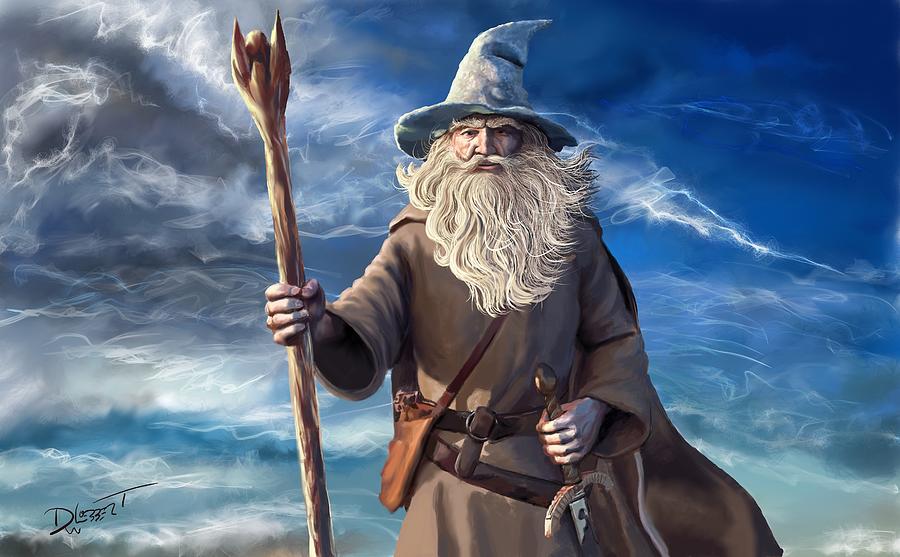🧙♂️Wizard
Author: @Gary#4657
What should we do?
You have stumbled upon a wizard on your path to the flag. You must answer his questions! We are seeing some trouble with the very last question, asking for hexadecimal, when it really takes the answer in plaintext. We are rebuilding the challenge image but in the interim, please send it the plaintext rendition of your answer for question 6.

What did we do!
We just answered questions :)
First Question: What is the ASCII plaintext corresponding to this binary string? 010110100110010101110010011011110111001100100000001001100010000001001111011011100110010101110011
pt = Zeros & Ones
Second Question: What is the ASCII plaintext corresponding to this hex string? 4f6820776f77777721204261736520313020697320636f6f6c20616e6420616c6c2062757420486578787878
pt = Oh wowww! Base 10 is cool and all but Hexxxx
Third Question: What is the ASCII plaintext corresponding to this octal string? (HINT: octal -> int -> hex -> chars) 535451006154133420162312701623127154533472040334725553046256234620151334201413347444030460563312201673122016730267164
pt = We can represent numbers in any base we want
Fourth Question: What is the ACII representation of this integer? (HINT: int -> hex -> chars) 8889185069805239596091046045687553579520816794635237831028832039457
pt = This is one big 'ol integer!
Last updated
